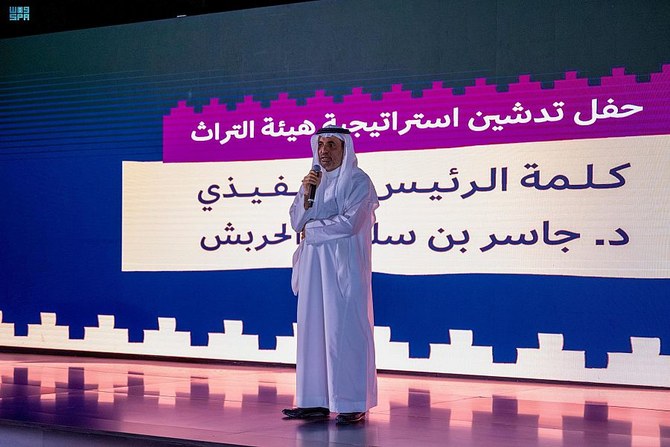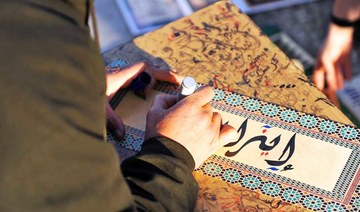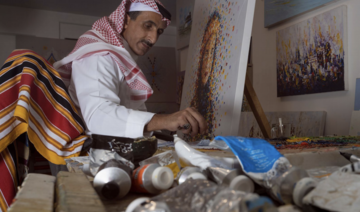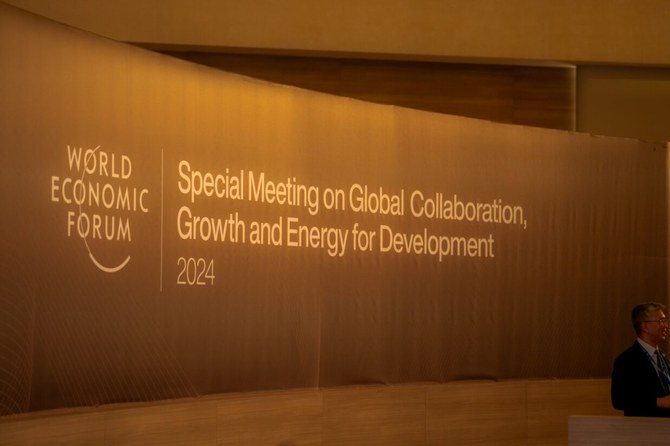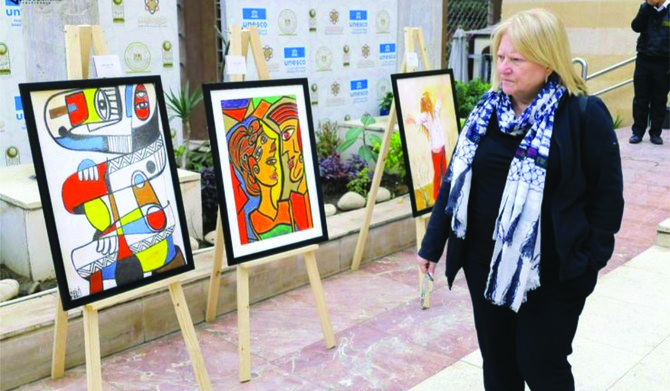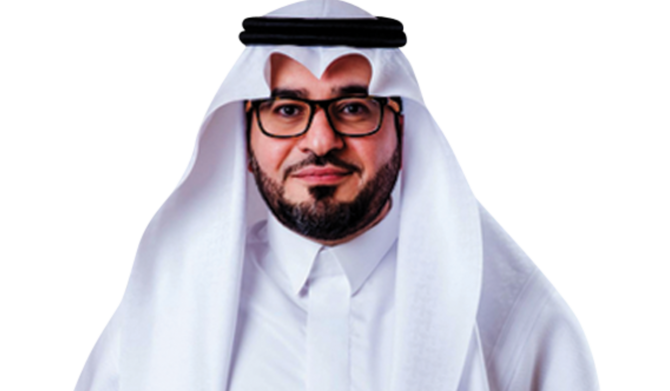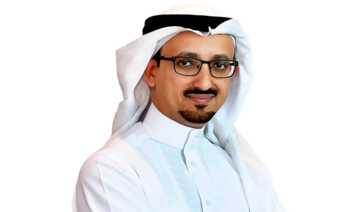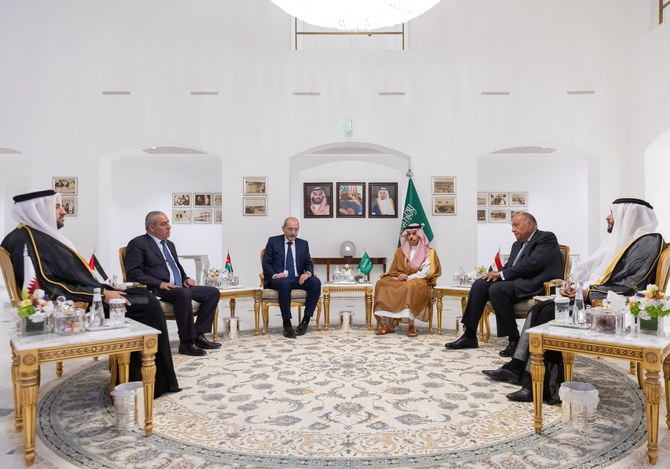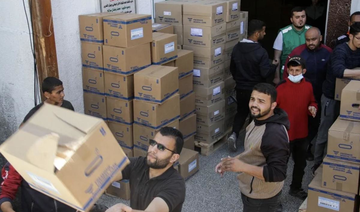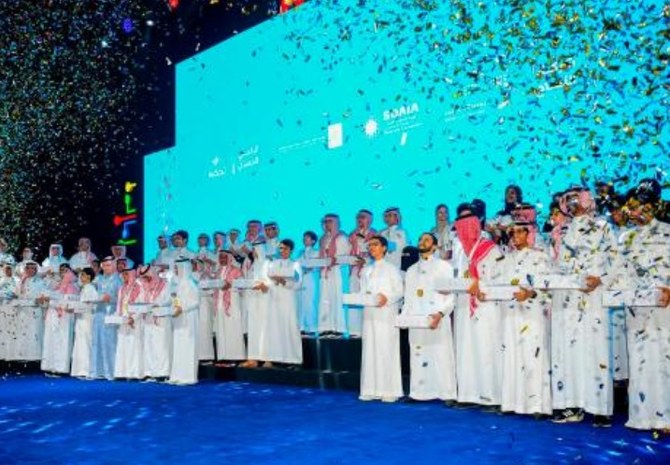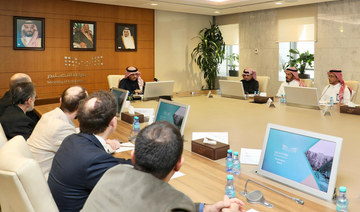RIYADH: Saudi Arabia’s Heritage Commission unveiled its strategy for the development of heritage sector during a ceremony in At-Turaif district in Diriyah on Wednesday.
Jasser Al-Harbash, the commission’s CEO, said the strategy complements the goals of the Kingdom’s Vision 2030 development plan and the objectives of the wider National Strategy for Culture to develop the nation’s culture as a lifestyle, for economic growth, and to enhance the nation’s international standing. He added that in developing the strategy the commission had worked with partners in the public, private and non-profit sectors.
The launch ceremony, held under the patronage of Prince Badr bin Abdullah, the minister of culture and chairman of the Heritage Commission, included a tour of the historic At-Turaif district, which is one of six UNESCO World Heritage sites in Saudi Arabia. The others are Historic Jeddah, Hegra, the rock art of Hail, the rock art of the Hama Cultural District, and the Al-Ahsa Oasis.
In addition, eight Saudi cultural elements are included on the UNESCO List of Intangible Cultural Heritage, and there are more than 8,000 registered archaeological sites in the Kingdom. All of these important national assets require a comprehensive strategy for their care, preservation and development. As part of its research for the development of the strategy, the commission reviewed the work and operational models of seven nations and eight heritage organizations.
The vision for the strategy is to celebrate Saudi “heritage as a national and global cultural wealth,” and its mission includes “protecting, managing and enabling innovation and sustainable development of the components of cultural heritage.”
The main pillars of the strategy include protecting and preserving cultural wealth and archaeological sites and their effective management; promoting research and development of talents specializing in heritage; using the latest digital technologies in the heritage value chain; establishing appropriate rules and regulations and issuing licenses; working extensively with the private sector; providing funding and support for international agencies; creating public awareness about cultural heritage; and developing extensive local and international partnerships.
It identifies 33 initiatives relating to these strategic pillars, including the promotion of Arabic language, poetry and calligraphy, as well as Saudi artisanal brands, traditional food, music, art and sports, and the preservation and restoration of archaeological sites in the Kingdom.
In addition it includes plans for the introduction of professional training programs in heritage-related fields, the development of a road map for heritage research and enhanced research capabilities, the use of digital technologies to identify and manage assets, the development of digital visitor experiences, the launch of a social-networking program for heritage, efforts to attract private-sector financing and public-private partnerships, and the launch of a major heritage marketing strategy.
In all, the commission will work to implement 150 projects as part of the new strategy.




